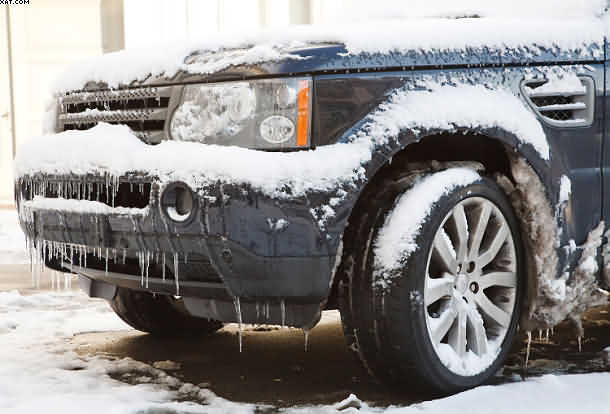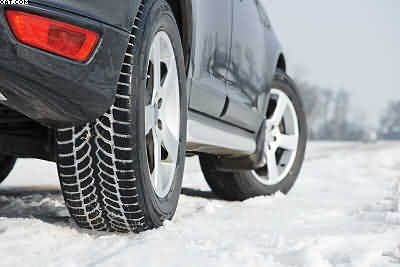All-Season tyres versus winter tyres
Table of Contents
All-Season tyres versus winter tyres

All-Season tyres versus winter tyres
Okay, let’s talk about tyres
specifically the difference between winter and all-season tyres. It’s like comparing an excellent all-weather coat to a solid umbrella. One is highly specialised, while the other is a jack-of-all-trades. And, when it comes to driving in our unpredictable British weather, picking the appropriate tyre is just as important as having a good cup of coffee to start the day.
To begin, winter tyres are like your car’s thermal underwear throughout the cold season. These tyres come into their own when Jack Frost starts nipping. They’re composed of a softer rubber combination, so they don’t get as hard as a biscuit in cold temperatures. This softer rubber remains flexible, providing your vehicle with improved grip and handling on roads as slippery as an eel.
The tread pattern is also a work of art. All-Season tyres versus winter tyres
It has deeper grooves and thin slits known as sipes that operate great in the snow, slush, and even on ice. They bite into the ice, lowering the chances of doing a Bambi on ice. So, if you’re driving around Halifax’s mountainous terrain in the winter, these tyres can come in handy.
Change to all-season tyres now. These are the guys you can count on all year. They’re similar to an excellent waterproof jacket—not quite for a snowfall, but adequate in most situations. These tyres are comprised of a compound that strikes a balance between the softness required for winter driving and the hardness required for summer driving. So, while they won’t provide the traction of winter tyres on slippery roads, they’ll suffice on a chilly morning.
Their tread pattern is a hybrid. All-Season tyres versus winter tyres
designed to perform well in both wet and dry environments. It’s like having a tyre that can do everything—sort of like a Swiss Army knife for highways.
What does this have to do with us Brits? Our weather, on the other hand, may be as unpredictable as a soap opera plot. One day it’s warm enough for a barbeque, and the next you’re wondering whether you’ve awoken in Narnia. Winter tyres are ideal for the colder months, especially in places that get a lot of snow. However, if you live in a section of the UK where it rains more than it snows, all-season tyres might be the way to go.
This option also has a hint of local flavour.
Winter tyres, for example, may provide extra piece of mind if you’re driving over the curving roads of the Yorkshire Dales or up in the Scottish Highlands. However, if you primarily drive in cities in milder climates, all-season tyres may be more appropriate.
In the end, it all comes down to what’s best for your riding and typical travel. It’s like deciding between a Yorkshire pudding and a Cornish pasty—both are delicious, but it all depends on your mood and the circumstance. Remember, no matter what tyres you’re running, drive safely and keep your eyes vigilant, since British weather can throw a curveball faster than Geoff Boycott!
So there you have it
some tyre jargon to mull about the next time you’re contemplating rubber options. Whether you choose winter or all-season tyres, the goal is to keep you safe on our wonderful, but occasionally treacherous, British roads. Keep it safe out there, and happy driving!
All-Season tyres versus winter tyres This is yet another test regarding the effectiveness of all-season tyres versus winter tyres. It is normally the winter tyres versus the summer tyres. The difference in recent years is that we have seen the introduction of new tyre products with differing claims and counterclaims.
Leading tyre companies. All-Season tyres versus winter tyres
Pirelli, Michelin, Falken, and Goodyear are all launching new all-season products this year. The problem is that so are many of the mid-range tyre suppliers. These include Apollo tyres with their excellent Vredestein range of winter and all-season tyres.
Most of the tyres that were tested came out very well, but all-season tyres are not the same as winter tyres. In my opinion, it is still better to fit the real thing and stick to winter tyres. This is especially true if you live in a hilly or mountainous region of the UK. Here in Yorkshire, we have a mixture of terrain, but we do have many hills. These hills are large and small, and this is where we need the proper winter tyres.
Winter tyres are a great debate.
But the fact is that you are better suited to the different products depending on where you live. General All-season tyres do offer the driver better protection in all the types of weather that we can expect in a bad UK winter. This, in my opinion, is if you live in a part of the country that has a flat landscape. This would be in, say, Lincolnshire and Norfolk. All-season tyres are certainly better than using summer tyres.
I can foresee a future. All-Season tyres versus winter tyres
when most tyres produced will be of the all-season variety. Why not? It is up to the car manufacturers to these tyres as original equipment. The problem would be that the fact that the tread pattern is more aggressive alters the rolling resistance of the tyre. This would be no good for the new hybrid and electric cars unless the tyre designers came up with yet another special tyre to fit the electric cars?
Finally, Pellon Tyres are still Nokian tyre dealers for the Calderdale area of Yorkshire, UK.
- Falken Safety Winter Tyres
- Audi A1 Brake Problems Solved
- Worn out vehicles failing MOT
- Polestar 2 Electric Car For New Tyres
- Bridgestone Tyre Safety
The tyre tests can be seen on http://www.particlenews.com/


